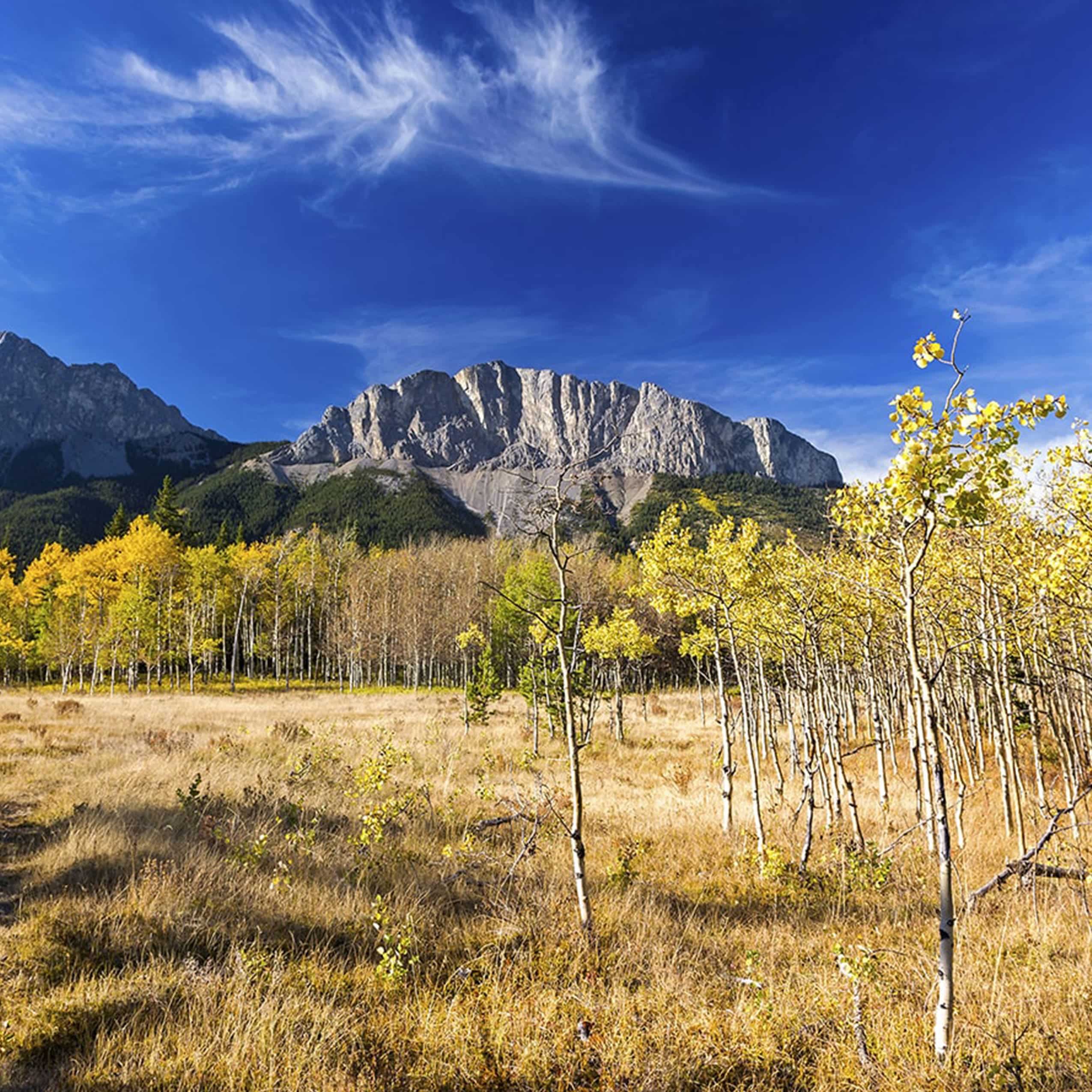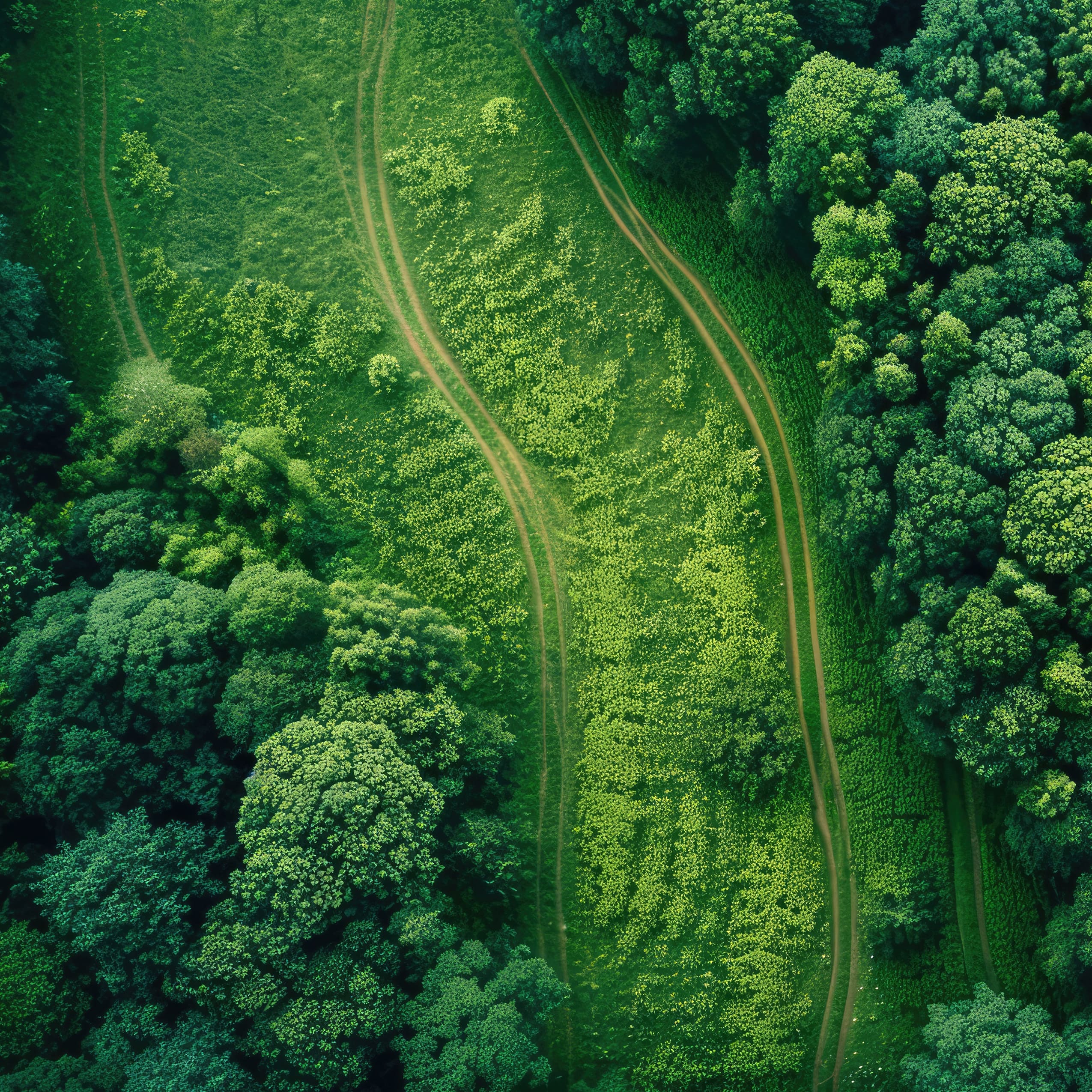ISTA’s Environmental Initiative
At the Indigenous Skilled Trades Alliance (ISTA), we are committed to empowering Indigenous youth by providing them with the skills and knowledge necessary to excel in Canada’s growing environmental sector. Our initiative combines traditional Indigenous knowledge with modern technological training, ensuring our youth are well-equipped to lead in environmental stewardship and socio-economic development.
Project Principles
Empowering Indigenous Youth:
Our program partners Indigenous youth with environmental capacity initiatives to support long-term community betterment and structural readiness. We aim to provide meaningful participation opportunities in Canada’s environmental labor market, delivering over 650 hours of experiential group-based vocational training that covers technical, cultural, safety, and soft skills.
Meeting Current and Future Demands:
We focus on developing a multi-faceted workforce that blends land-based skills with digital competencies like GIS mapping and drone technology. This approach ensures our participants are ready to meet the evolving demands of the environmental sector.
Cultural Integration:
Our training respects and incorporates Indigenous cultural values, including protocols, language, and traditional ways of life. We align our efforts with the Truth and Reconciliation Commission (TRC) and the United Nations Declaration on the Rights of Indigenous Peoples (UNDRIP).

Project Mission
ISTA’s Environmental Initiative aims to provide hands-on employability skills training and socio-economic development opportunities to Indigenous youth aged 15 to 30. This 17-week program enhances structural readiness in asset planning and resource management, equipping participants with specialized skills for meaningful employment in the environmental sector.
Program Overview
Customized Vocational Training:
Our 17-week program includes comprehensive environmental vocational training with up to 20 Indigenous youth, covering areas such as environmental assessment, land use planning, and resource management. Training is customized to local needs, integrating traditional knowledge with modern techniques.
Hybrid Training Model: We blend classroom instruction with practical field-based learning, including:
- 11 weeks of environmental workforce technician training
- 2 weeks of Transport Canada Advanced Drone Pilot License training
- 2 weeks of GIS mapping and digital literacy training
- 1 week of community-based mapping projects
Strong Instructional Team: Our team includes certified trainers, Indigenous leaders, subject matter experts, and Traditional Knowledge Holders, ensuring a rich and culturally relevant learning experience.
Meeting Current and Future Demands:
We focus on developing a multi-faceted workforce that blends land-based skills with digital competencies like GIS mapping and drone technology. This approach ensures our participants are ready to meet the evolving demands of the environmental sector.
Cultural Integration:
Our training respects and incorporates Indigenous cultural values, including protocols, language, and traditional ways of life. We align our efforts with the Truth and Reconciliation Commission (TRC) and the United Nations Declaration on the Rights of Indigenous Peoples (UNDRIP).
Industry-Connected Experiences:
ISTA’s Environmental Innovation & Technology Capacity Initiative is strengthened through collaboration with United Cree, an Indigenous-owned leader in heavy equipment operations, modular construction, and remote project logistics. Through this partnership, participants gain exposure to real-world environmental and land-management operations, mentoring from industry practitioners, and pathways into careers supported by United Cree’s experiential opportunities and employment networks.

Goals and Objectives
Reducing Employment Barriers:
We aim to overcome employment barriers by providing relevant industry training and safety certifications, empowering Indigenous youth to secure local employment.
Enhancing Community Readiness:
Our initiative strengthens community readiness through partnerships and access to resource information management systems, fostering self-determination and economic development.
Inclusive Growth:
We support the inclusion of Indigenous knowledge in environmental work, promoting authentic reconciliation and sustainable development.


